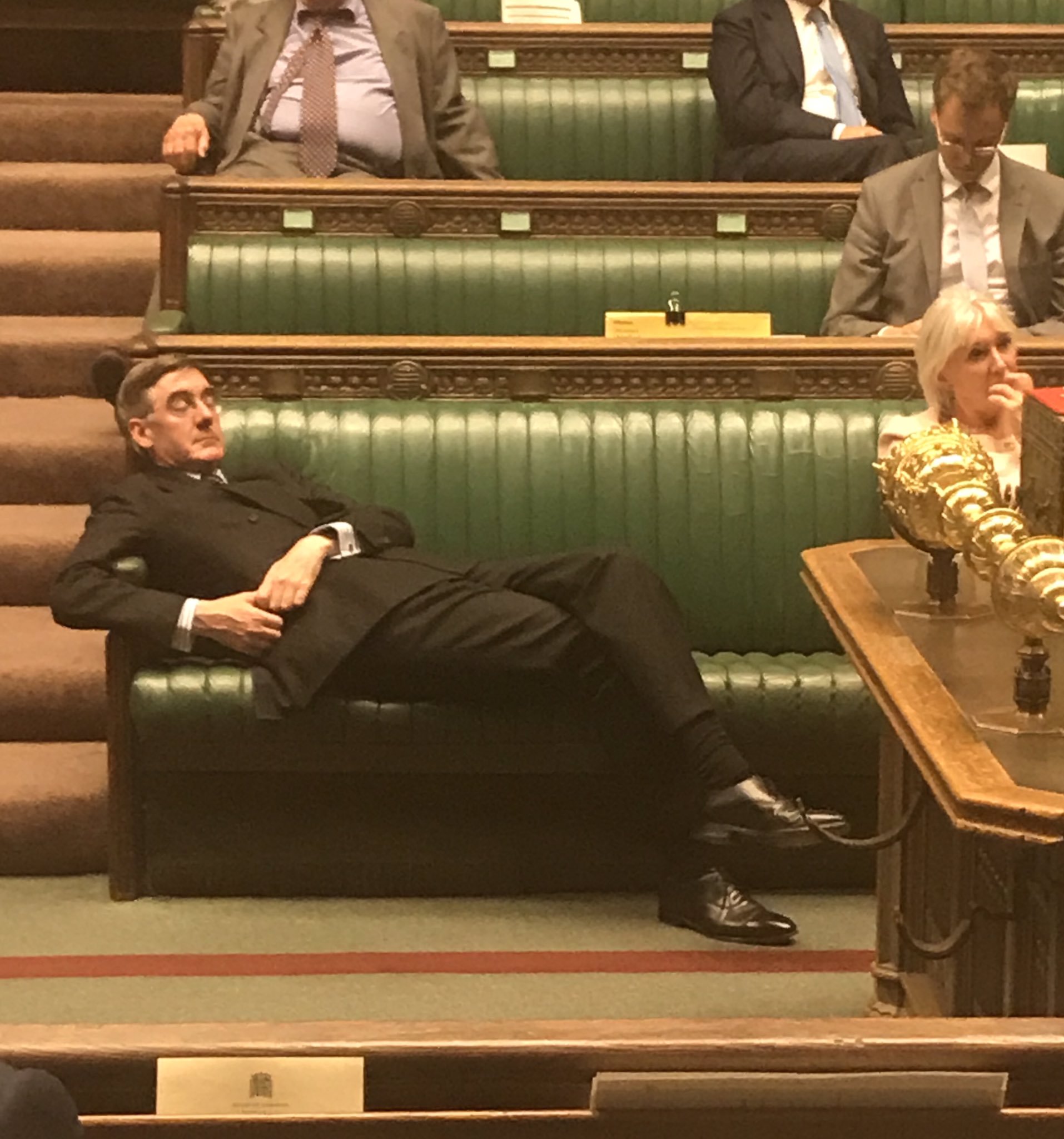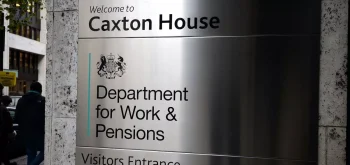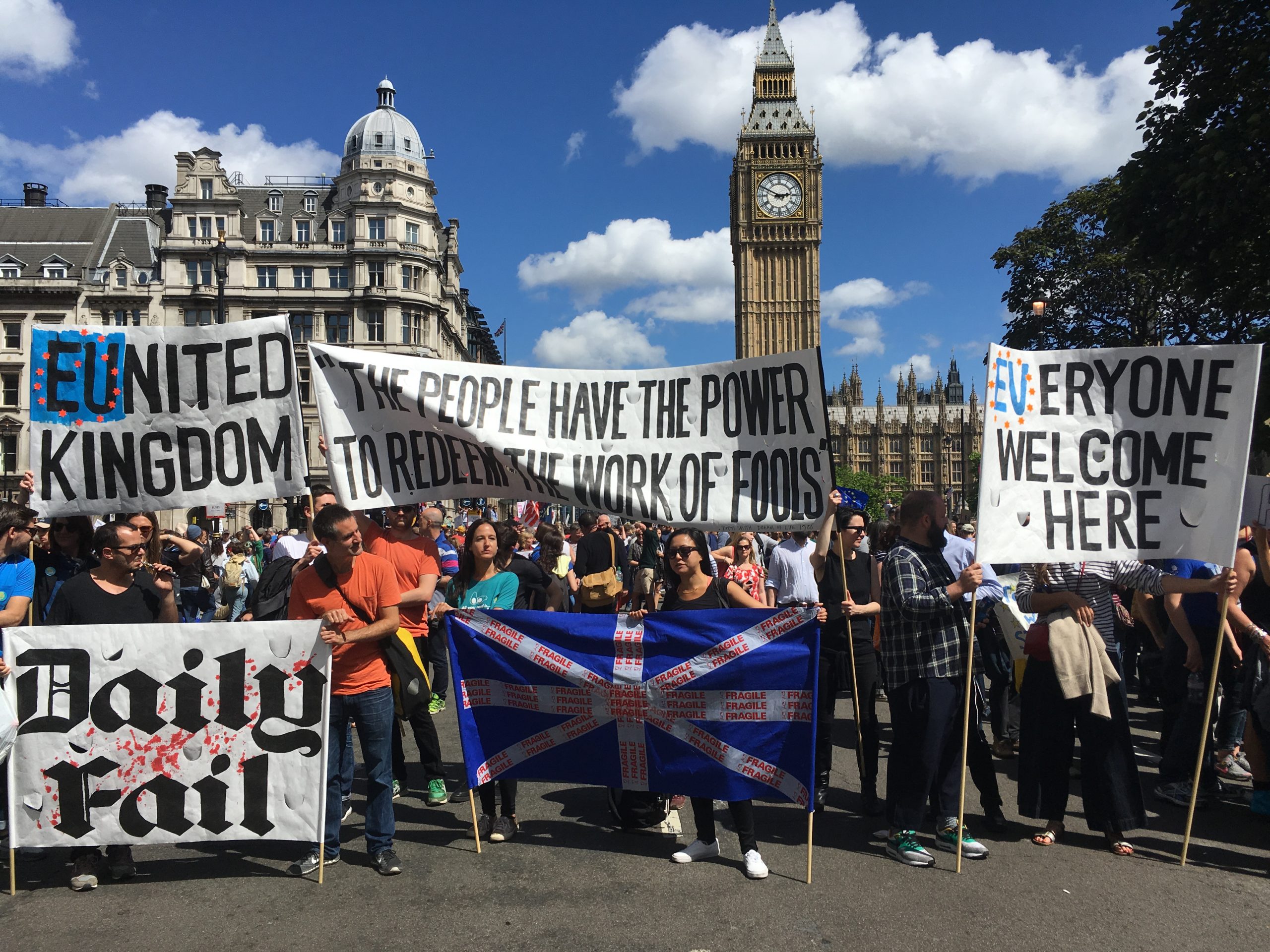‘Constitutional crisis’ is a phrase bandied about with increasing frequency. Whilst the incorporeal nature of the UK’s constitution means the existence of such a crisis is more one of opinion than fact, there is little doubt that authoritarian waves are unsettling the constitution. Boris Johnson looks more like a vengeful emperor than a prime minister, proroguing parliament against its will and sacking recalcitrant elder statesmen, trying to silence opposition to his executive power grab. If we want to see our constitution returned to an even keel, we need the courts to put this expansive executive firmly back in its box.
Doubtless the judges, particularly those looking across Parliament Square from the Supreme Court, are apprehensive at being dragged, again, into the flaming imbroglio that is Brexit. The option of declining jurisdiction, ruling that the matter is one of high policy and politics is appealing, as the decision of the Scottish Court of Session has shown. There, Lord Doherty found that the actions of the executive could not be ‘measured against legal standards, but only by political judgements’.
Suggesting that this prorogation is a matter of high policy, however, requires the courts to completely ignore the motivations behind this exercise of the prerogative, with the crafting of the prorogation’s dates clearly done to tiptoe along the precipice of legality. By allowing parliament to return briefly this week, and then to return as the Brexit deadline comes into stark focus, Johnson can deny accusations of a coup, whilst stifling parliament’s voice. For a supposed master of political subterfuge, the intent of Cummings, Johnson’s cut-price Cardinal Richelieu, was tragically obvious, relying on parliament being too fissiparous to unify around a single legislative solution before it was prorogued; and even if they were able to, expecting Labour to fall into the ‘elephant trap’ of voting for an immediate general election.
The fact that the best-laid plans can go awry, as Johnson’s debacle in the Chamber in recent days has shown us, should not serve as mitigation against the fact that the executive used its prerogative powers illegitimately. The role of the executive is to lead the legislature, with the prerogative powers oiling the gears of bureaucracy. It is not to use those powers to usurp the rights and liberties of the people’s representatives, regardless of whatever a referendum result from three years ago might suggest about the ‘will of the people’.
There is a long history of the courts preventing the government from using its prerogative powers to frustrate the will of the legislature. As Paul Craig, arguably the country’s leading constitutional scholar, has set out, where parliament has established its intent, the government’s power is cut off, extinguished by the sovereignty of parliament. Craig points to the decision of the House of Lords in De Keyser, where the government tried to use to the royal prerogative to occupy private property without paying compensation, despite legislation existing which required the government to do so. There, the law lords dismissed the government’s case, ruling that the legislation had put the prerogative ‘into abeyance’.
Admittedly, Parliament has not yet passed legislation absolutely forbidding the prime minister from pursuing a no-deal Brexit. Despite having numerous opportunities to do so, there is no absolute block on the statute books. This formed part of the government’s case in Scotland. Parliament, after the Supreme Court upheld the supremacy of constitutional statutes in Miller, had the opportunity to bind the executive’s hands in passing Article 50, yet chose not to do so. There was therefore no statute being expressly contravened by virtue of the prorogation. That parliament may choose to do something is no basis for interfering with royal prerogative. Parliament has not been fettered by the government, but by its own past indecision.
Whilst in the ordinary course of events such an argument may have merit, such merits need to be assessed in the context of the extraordinary actions of the government. Whilst the Government, in its argument before the Scottish Court of Session, claimed that the prorogation was part of the ordinary process of domestic governance, rather than motivated by Brexit, it was unwilling to offer a signed witness statement to the court to this effect. Unless this was due to administrative incompetence, this suggests that there were real concerns that signing such a statement would put ministers at risk of being held in contempt for deceiving the court.
The Supreme Court of the United States was faced with a similar, although more obvious dilemma earlier in Trump’s administration. There, Donald Trump had tweeted that he intended to ban Muslims from the country, before later trying to justify such a ban on the basis of national security. The Supreme Court drew back the curtain that was concealing the real motivations of Trump’s executive order, striking the original ban down. Our Supreme Court should be similarly confident, refusing to accept the flimsy veil this government is relying on to obscure its authoritarian tendencies.
Given their motivation, the reliance of the executive on the prerogative is an even more fundamental strike at the principle of parliamentary sovereignty. Whereas De Keyser was an attempt to deny the intent of parliament in a single instance, this prorogation frustrates the will of parliament at large, limiting its capacity to voice its very real disapproval over the path that Johnson is dragging the country down. As Craig has put it, it is ‘more far-reaching in its impact on sovereignty’. In addition to blocking its legislative voice, the prorogation curtails the enquiries of the standing committees, and allows preparatory instruments to be pushed through without scrutiny, as Sinclair and Tomlinson have discussed.
It has previously been argued here, that this government, and May’s before it, have shown an alarming lack of respect for our constitutional conventions, beginning first with minor violations but now laying siege to the principles at the foundation of our constitution. Already, ministers for the government have said they will consider refusing to abide by legislation passed by parliament, or will pack the Lords with tractable peers. These are not the statements of an executive that feels bound by the normal constraints on government.
The courts should not rely on parliament being able to force through its will in the face of an overbearing executive. That parliament may be able to do so is no defence, with the constitution needing more than mere propitious circumstance to see its rights maintained. Defending the necessity of parliament sitting at a moment of constitutional upheaval, against the wishes of the executive, does not violate of the constitutional norm, but upholds it, stressing the supremacy of parliament. We may be a constitutional monarchy, but ultimate power resides in the constitution – not the ministers of the Queen.







Back from the looking glass